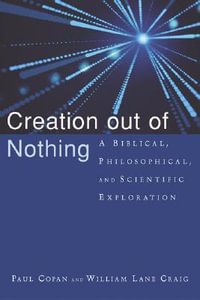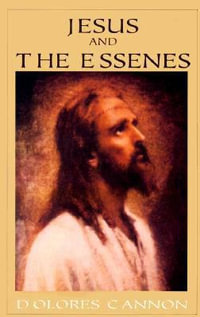This book examines Dr. Wayne Grudem's controversial teaching on fallible prophecy in view of various lexical, exegetical, and historical points of analysis. It also addresses the teaching's popularity and continuing advancement through many charismatics within the "New Calvinism" movement. The doctrine of fallible prophecy is neither benign nor harmless, rather it constitutes a troubling strange fire for the body of Christ and continues to spread through the advocacy of popular continuationists like Wayne Grudem, D.A. Carson, John Piper, and Mark Driscoll:
Gary E. Gilley, Pastor-teacher, Southern View Chapel, Springfield, Il:
"Beasley has done the church a wonderful service by producing this volume. My hope is that many will read it and absorb its contents."
Contents:
1. Chapter 1: Prophecy - A Test of Love: According to the proponents of fallible prophecy, the presence of error in a prophetic utterance does not make such claimants of the prophetic gift false prophets, it only means that they are New Testament fallible prophets by definition. This constitutes a complete reversal of meaning of prophecy which results in a confused message concerning the nature and character of the God who has consistently and effectually revealed Himself through His appointed messengers. Moreover, such a redaction of prophecy effectively confuses, and nearly eliminates, the scripturally prescribed tests for prophecy. The importance of this must not be underestimated, for all of the tests of prophecy, in the Old Testament and the New Testament, have an unimpeachable centerpiece: the love of God.
2. Chapter 2: Fallible prophecy - Lexical Considerations: Grudem argues that the New Testament connotation of the word prophet no longer possessed the sense of authority it once had. In view of Grudem's emphasis on this point, chapter 2 examines Grudem's lexical justification for such a position.
3. Chapter 3: Fallible prophecy - The Case of Agabus: One of the most central arguments for fallible prophecy is founded on Agabus' prophecy in Acts 21:11. Like Grudem, D.A. Carson insists that Agabus' prophecy was fraught with error: "I can think of no reported Old Testament prophet whose prophecies are so wrong on the details." This serious accusation establishes the basis for a thorough examination of Agabus in the 3rd chapter.
4. Chapter 4: Fallible prophecy - A Gift for All?: The advocates of fallible prophecy argue that the NT gift of prophecy was extremely common and functioned "in thousands of ordinary Christians in hundreds of local churches at the time of the New Testament." In addition to this, Grudem argues that neither grave error nor immaturity should serve as a barrier to the pursuit and exercise of such a gift by nearly everyone within the local church. Such thinking is a tragedy for the body of Christ which is called to holiness and truth in all aspects of life and servitude.
5. Conclusion: The Fallible Prophets of New Calvinism: Believing in the value and efficacy of fallible prophecy, a growing number of popular pastors and teachers are now openly promoting such teaching. Particularly within the increasingly popular New Calvinism movement we find a growing number of advocates of fallible prophecy. To facilitate the spread of this doctrine, Grudem himself supplies a 6-point strategy for establishing fallible prophecy within the local church. This poses an increasing danger of the tolerance and proliferation of false prophets within the church.
This title is now available in Spanish
























